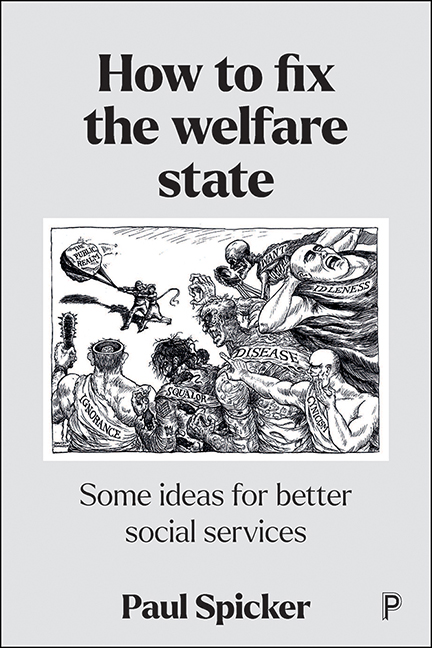Book contents
Afterword: a personal note
Published online by Cambridge University Press: 15 September 2022
Summary
Most of my career has been concerned with social policy and administration, whether that was done through study, practice, teaching or writing. I began with housing, serving as a voluntary advisor when I was a student and then taking a job as lettings officer in a local authority housing department. My interest in social security came about because it was such a large part of work in housing rights; I became a voluntary representative while studying law, and later I moved on to teach, write and research in the area. Teaching social workers led me to work on health and social care, including research on mental health and dementia. As a carer, I have encountered more recently many of the same problems in mental health services that I first became aware of as a researcher. And then, as a jobbing policy analyst, I would be asked to find out about a range of topics from the point of view of service professionals and users, including work on poverty, homelessness and disability. Much of this book has been built on a flow of insights, experiences and conversations with practitioners and service users. Those exchanges have fed into and reinforced a generally critical (and occasionally jaded) view of how social services work.
This will not be my last book, but it might have been. In May 2020, a few weeks into lockdown, I was diagnosed with a variant of blood cancer that would, only a few years before, have been considered terminal. Despite the crisis that was gripping the NHS, I received urgent attention from the GP, rapid admission to hospital (less than two hours after blood tests), the work of a suite of specialist consultants, a dedicated nursing team, and the laboratories in England and Scotland who analysed the condition. I was lucky in other ways. The illness was rare but appeared to be treatable, by a drug initially approved for another purpose. There were not enough case examples to justify a formal validation of the treatment, but the lead consultant asked the Scottish Medicines Consortium for permission to prescribe it, and the approval came through within twenty minutes. The performance of the NHS was, then, outstanding, and my appraisal of the service is possibly coloured by the fact that it has just saved my life.
- Type
- Chapter
- Information
- How to Fix the Welfare StateSome Ideas for Better Social Services, pp. 159 - 160Publisher: Bristol University PressPrint publication year: 2022

